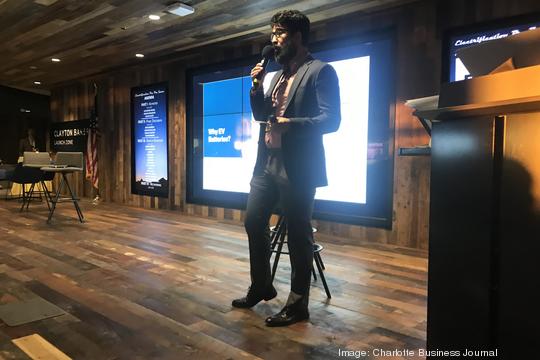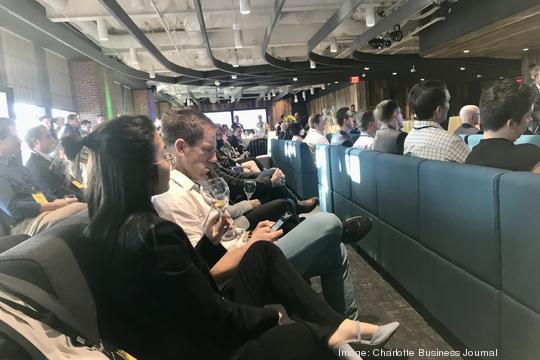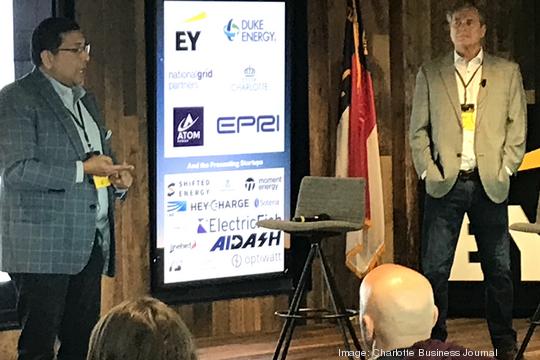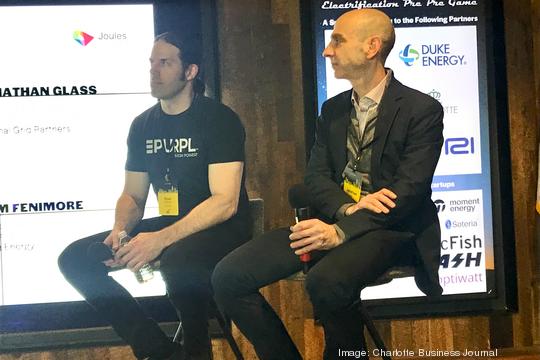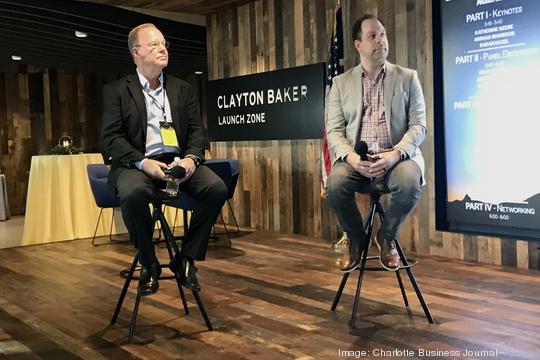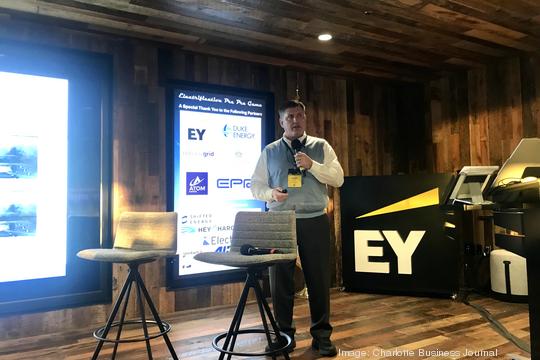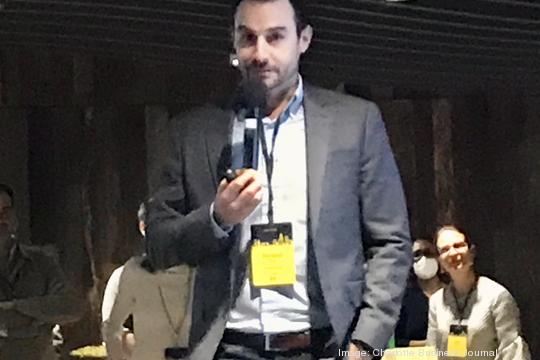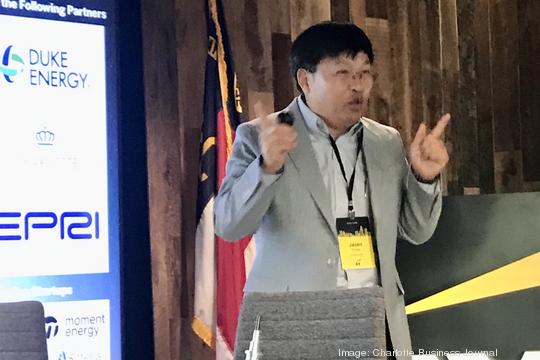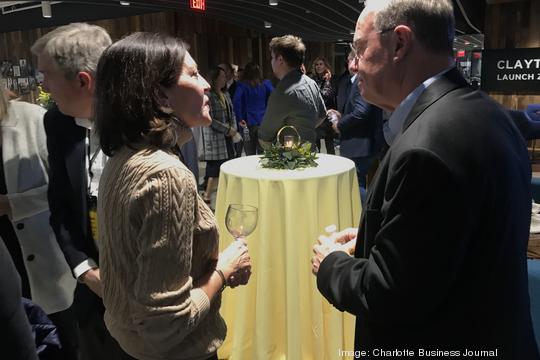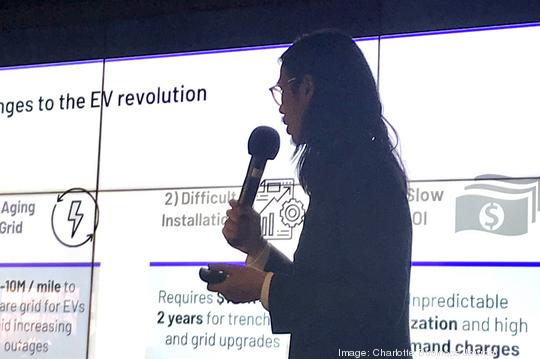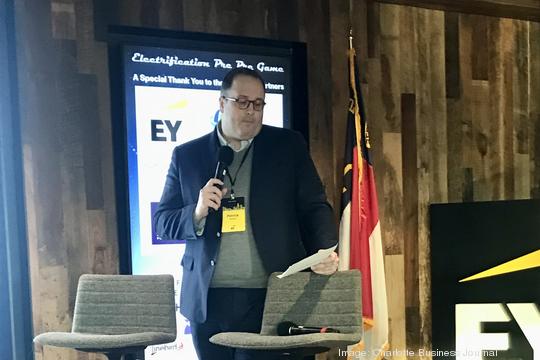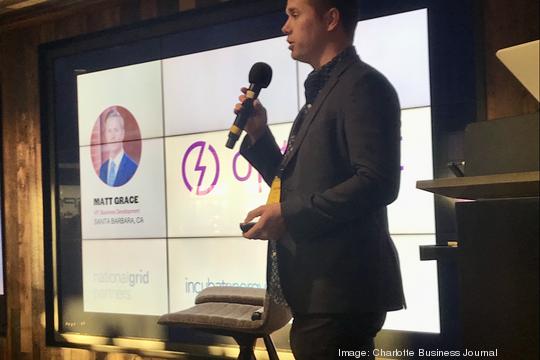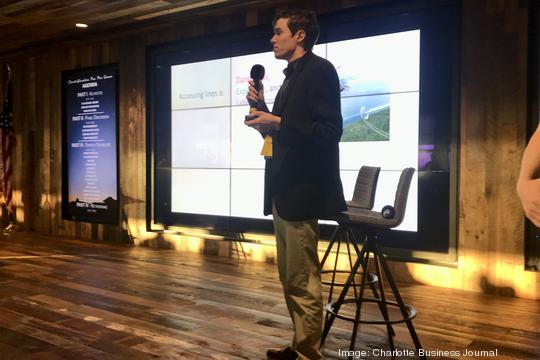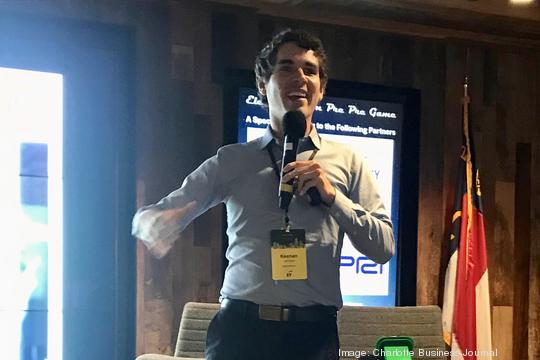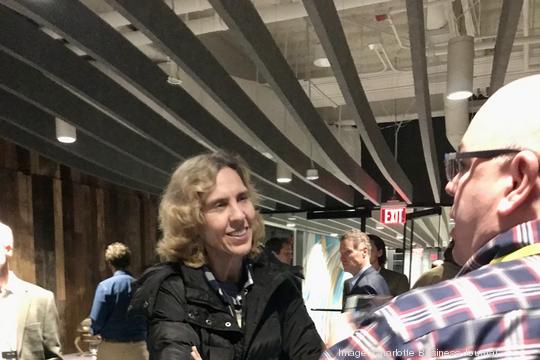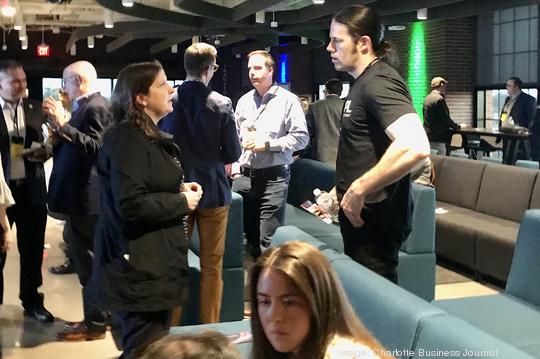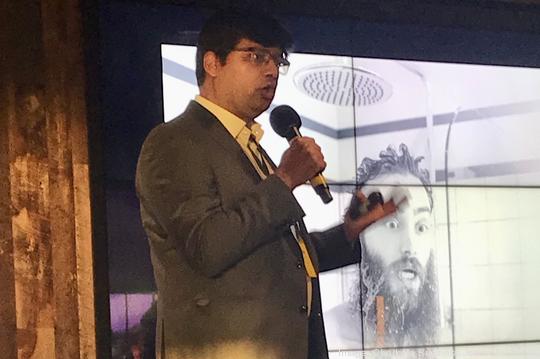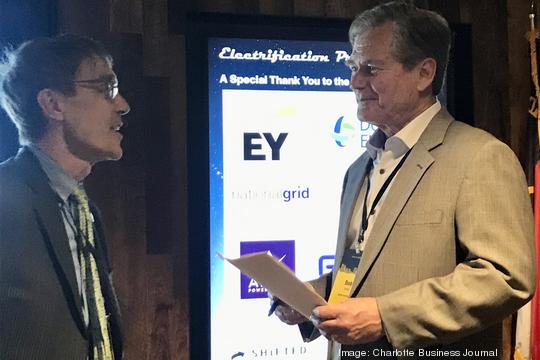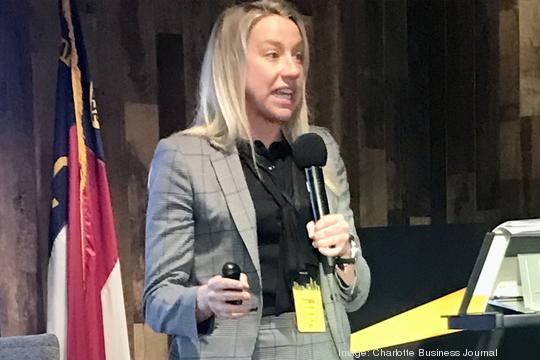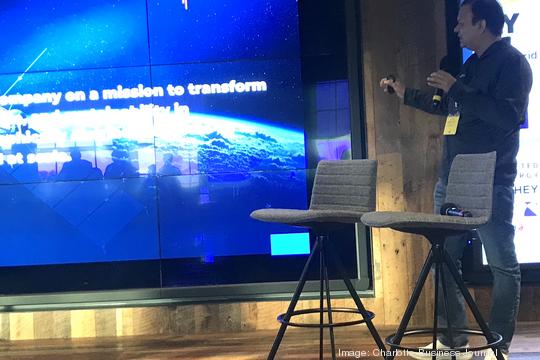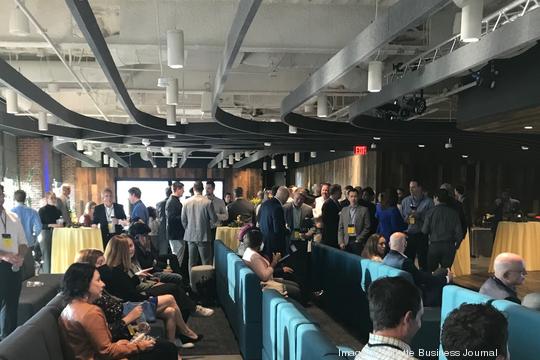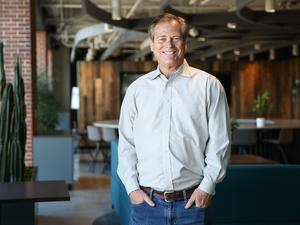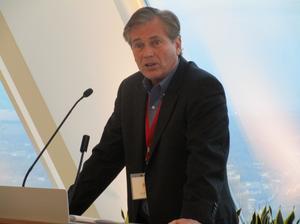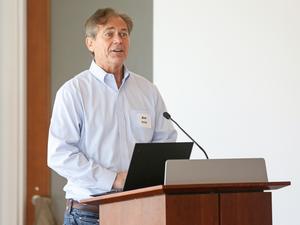Electric vehicle-charging solutions and climate change issues dominated the Joules Accelerator's Electrification Pre Pre Game event in which 13 startups in the organization's latest two cohorts made pitches for funding, partnerships and general support.
The event last week — sponsored by EY, the Electric Power Research Institute, National Grid Partners and Duke Energy Corp. (NYSE: DUK) — also featured a panel discussion of industry experts on buying versus building the new technologies needed to address the growing demand for electric-powered transportation and industrial processes — and the infrastructure that may be necessary.
Jason Huang, CEO of startup TS Conductor of Arcadia, California, put it bluntly. "The power grid is going to be the bottleneck for decarbonization," he said.
Vince Wong, chief operating officer of Electric Fish Energy Inc., another company in the Joules cohort, sounded a similar theme.
"I think we're realizing we are dealing with our aging infrastructure, which might have been developed 50 years ago, it might have been a century ago," Wong said. "We are also dealing with the increasing severity of climate change and its impact on climate reliability."
About 125 people, not including those who made some type of presentation, gathered for the event in the EY Wavespace in South End.
Innovation panel
The event kicked off with short speeches from representatives of the sponsors. But Bob Irvin, executive director of the accelerator, reminded the crowd that Charlotte has a long way to go to be seen as an innovation hub for energy. He said that a recent ranking of 50 such hubs in the nation put Charlotte at No. 31.
But the key presentation before startups were each invited to make their three-minute pitch was the "Buy v. Build Innovation Panel," meant to approach new technology from the point of view of the big power companies, research organizations, entrepreneurs and investors.
The panel was made up of Tom Fenimore, Duke 's director of emerging technologies; Ron Schoff, EPRI's director of renewable energy and fleet enabling technologies research; Jonathan Glass, head of venture accelerations at National Grid Partners (the venture arm of the British multinational power company National Grid); and Ryan Kennedy, co-founder and CEO of Huntersville-based Atom Power.
Fenimore represented the "buy" side of the argument. Duke is a major consumer of new technology, he said, and has an interest in seeing it developed by outside partners. Innovation is important at Duke, but it's not the company’s main focus, so it is always in the market for new technologies. But Fenimore added that in the current disruptive environment, he needs "more than just an app."
"The technology has to be as available and reliable as the assets we have today," he said.
'Pole and wire backup'
The panel agreed that tech connected to electric vehicles is hot right now. Kennedy, who represented the entrepreneurial point of view and is focused now on EV charging, says that one advantage is that some entrepreneurs in the EV space can get preorders and sometimes even some revenue before they have a product.
Schoff said he thinks innovation in wind energy is going to be the next mega-trend as the United States starts moving in that direction. But he says decarbonization is a hard sell. He pointed out that buildings cause 21% of the carbon emissions nationally — but only about 4% of the venture capital going into energy-connected industries goes into building innovation.
Glass saw renewables and Tesla as big disruptors for utilities. He said that with more solar-producing power and Tesla's wall battery storage system and its cars used as power sources "poles and wires will just be backup."
Kennedy also cautioned startups to make something "really useful, not just novel." And he said a key when looking to sell into large companies is you have to "make for very little work on their side" if you want them to adopt your technology.
The pitches took up the the bulk of the event. Executives from 12 of the companies made their presentations live in the room. One, German company HeyCharge, presented the pitch for its vehicle-charging technology designed for apartments and high rises with multiresidential customers, made its case with a video. CEO and founder Chris Cardé was slated to speak, but he ended up making a presentation at the South by Southwest film and tech festival in Austin, Texas.
